
A Birth Certificate is a Person’s First Possession
Overall, legal changes relating to birth certificates show how quickly the law is catching up to social attitudes about sex and gender.

A Birth Certificate is a Person’s First Possession
Overall, legal changes relating to birth certificates show how quickly the law is catching up to social attitudes about sex and gender.

How the Index Card Cataloged the World
The act of organizing information—even notes about plants—is never neutral or objective.

Dog Poo, an Environmental Tragedy
Dog waste is now timeless.

How a Glass Terrarium Changed the World
The Wardian case emboldened European powers to continue global expansion.

How Racial Data Gets ‘Cleaned’ in the U.S. Census
If racial data must be cleaned, then some data is dirty. And that dirtiness is undeniably political.

The Saintliness of Undecayed Corpses
If a corpse was found to have decayed, a cult’s potential would be seriously undermined.
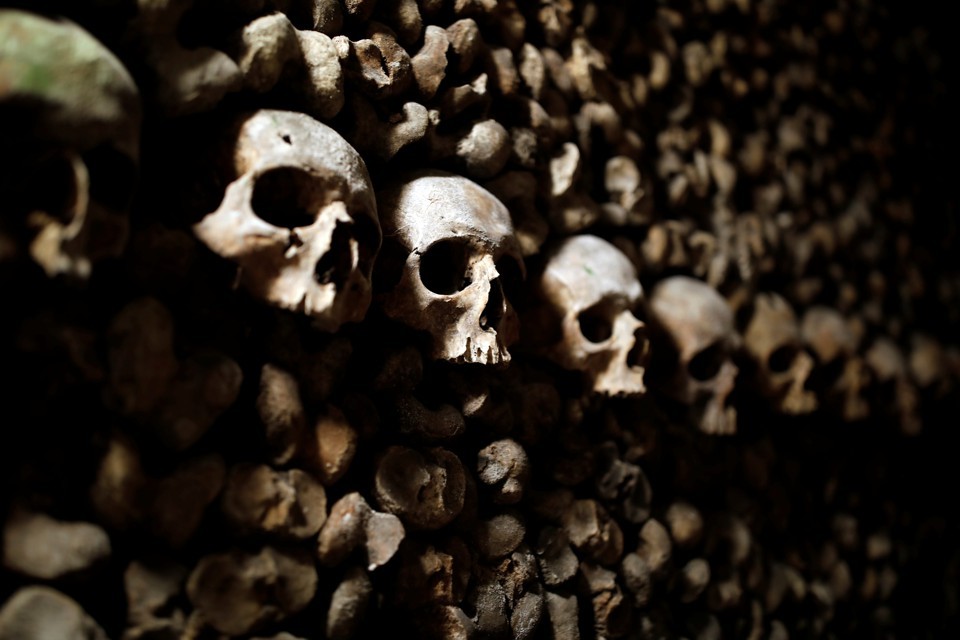
Your Bones Live On Without You
People around the world are distraught that their ancestors lie as specimens on museum shelves.
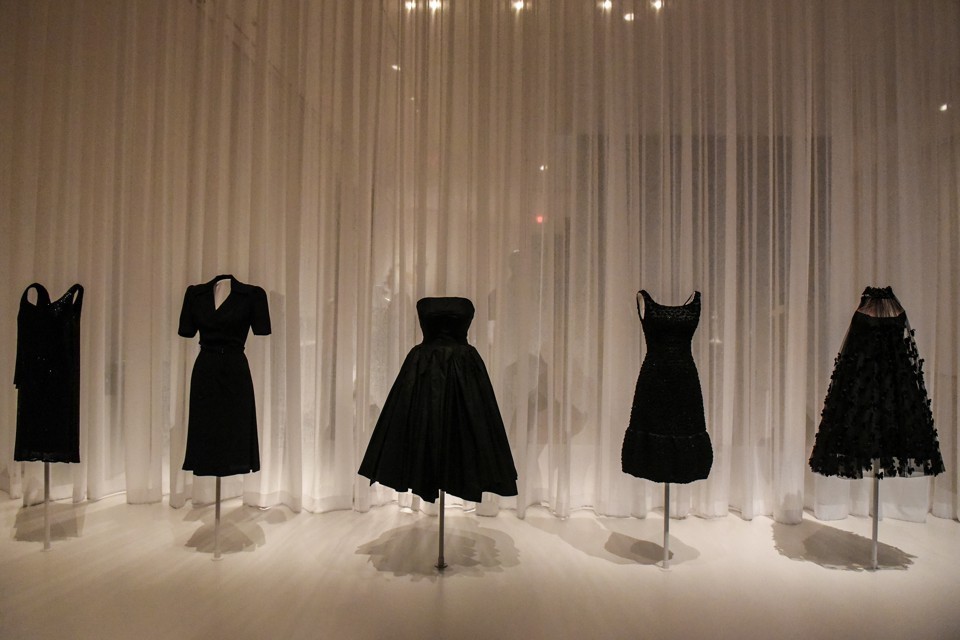
The Underclass Origins of the Little Black Dress
There was a “revolution in dress, not by the fashionable folk, but by New York’s army of shopgirls.”

How to Escape a Death Spiral
To tame the death spiral, devices had to become part of how aviators kept control of the plane.
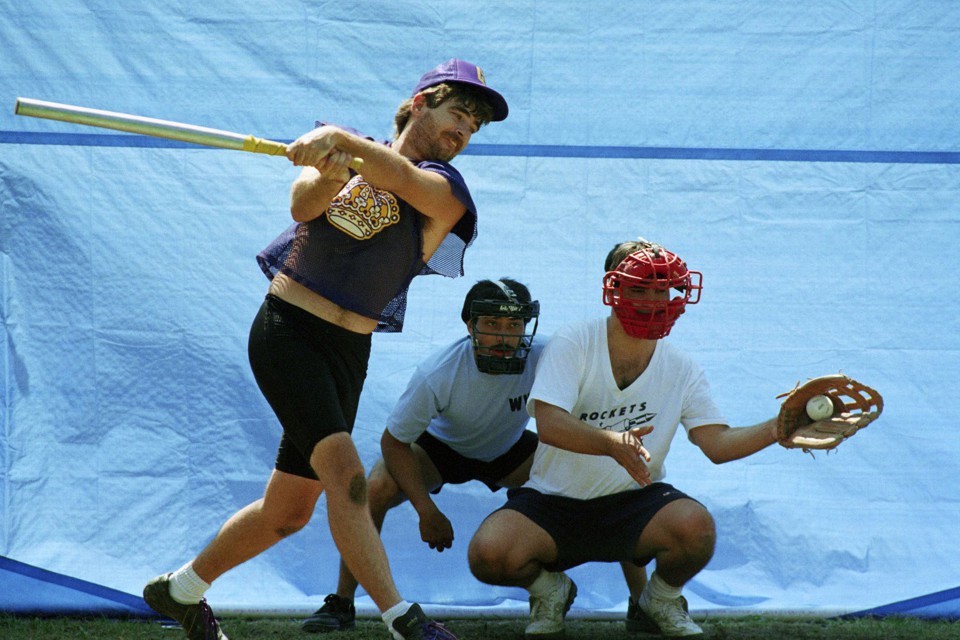
The Contentious Physics of Wiffle Ball
Wiffle balls wouldn’t be possible without the ubiquity of plastic.

Oil Barrels Aren’t Real Anymore
The oil barrel tells a story of struggle between what industries need and what they want.

The Thunderstorm Whisperers
You can’t be afraid of heights in our business.
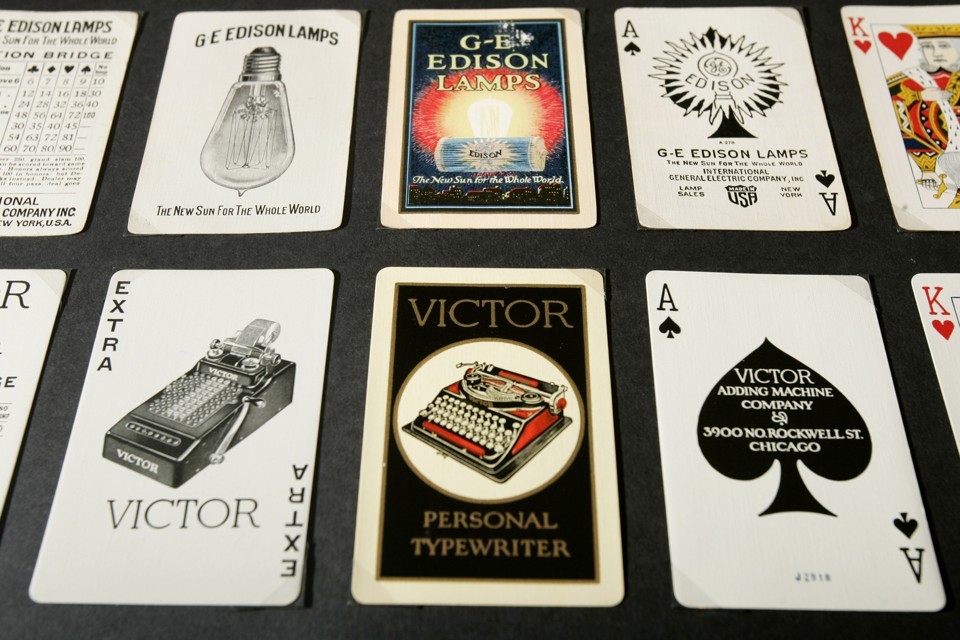
The Lost Origins of Playing-Card Symbols
These graphic tablets aren’t just toys, or tools. They are cultural imprints that reveal popular custom.

Why It’s Better to Carry Weight on Your Head
Looking for the inventor of head-carry devices and techniques is like asking who invented shoes.
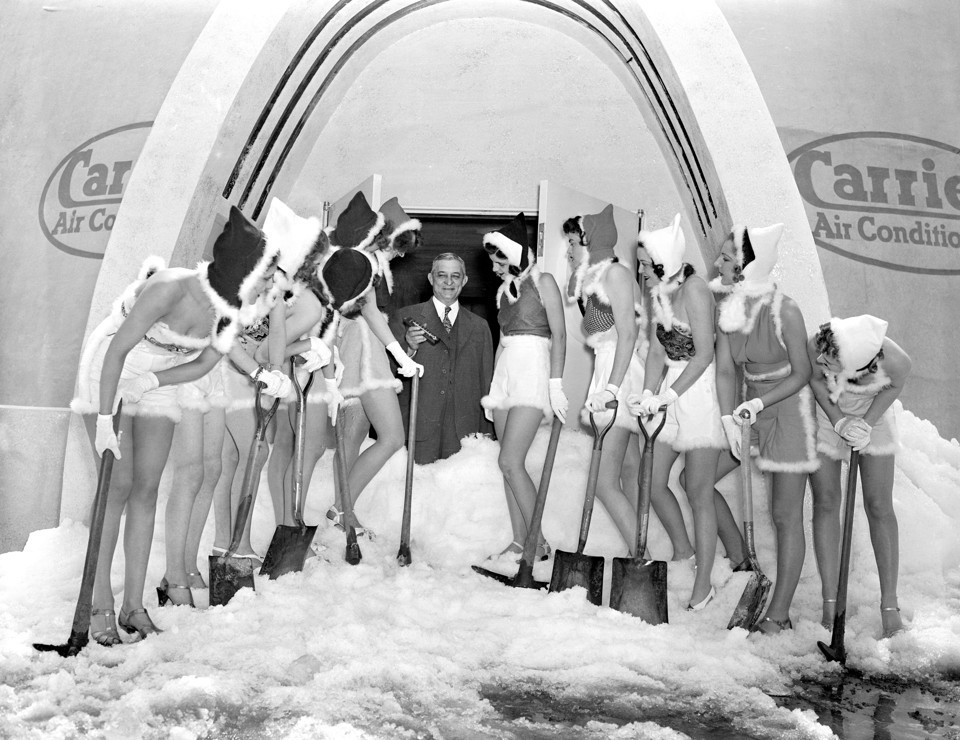
The Moral History of Air-Conditioning
Commercial buildings used more than 500 billion kilowatt-hours of electricity for air-conditioning in 2015 alone.

The Hair Dryer, Freedom’s Appliance
Though many of Dyson’s changes are more aesthetic than functional, this is a market where looks matter.
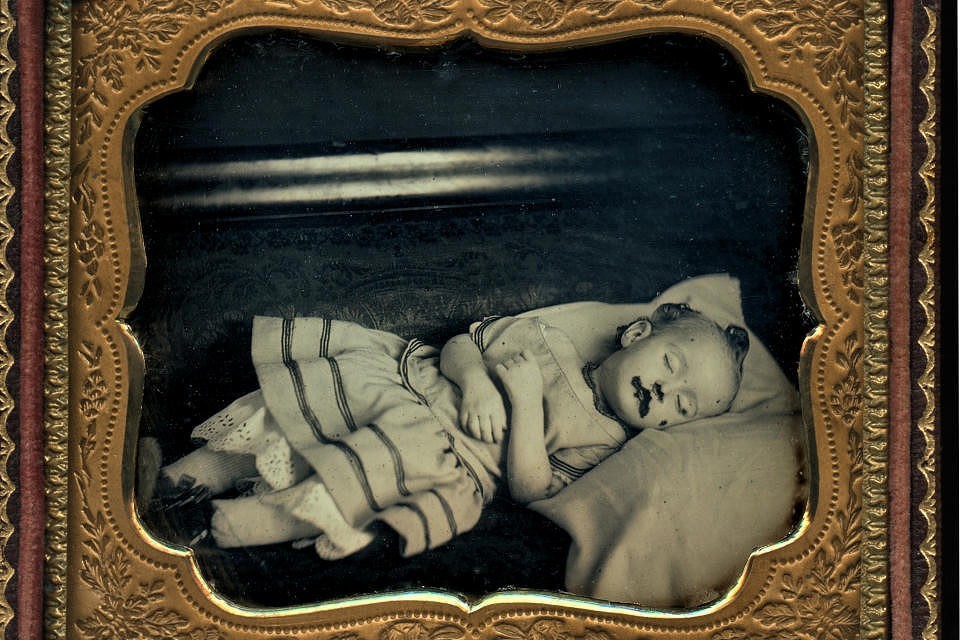
Pictures of Death
This slide into sentimentality, even if grotesque, coincides with a profound shift in Western attitudes toward death.

Why Geologists Think Glacial Mountains Look Like Sheep
The similarity between glacially scoured rocks and sheep is even more intriguing if one interprets the expression roches moutonnées more broadly, as did the 19th-century French geologist Albert de Lapparent.

How Wheelchair Accessibility Ramped Up
“A lawsuit can take seven years to get one ramp in front of a building, one protest could result in a ramp there next week.”
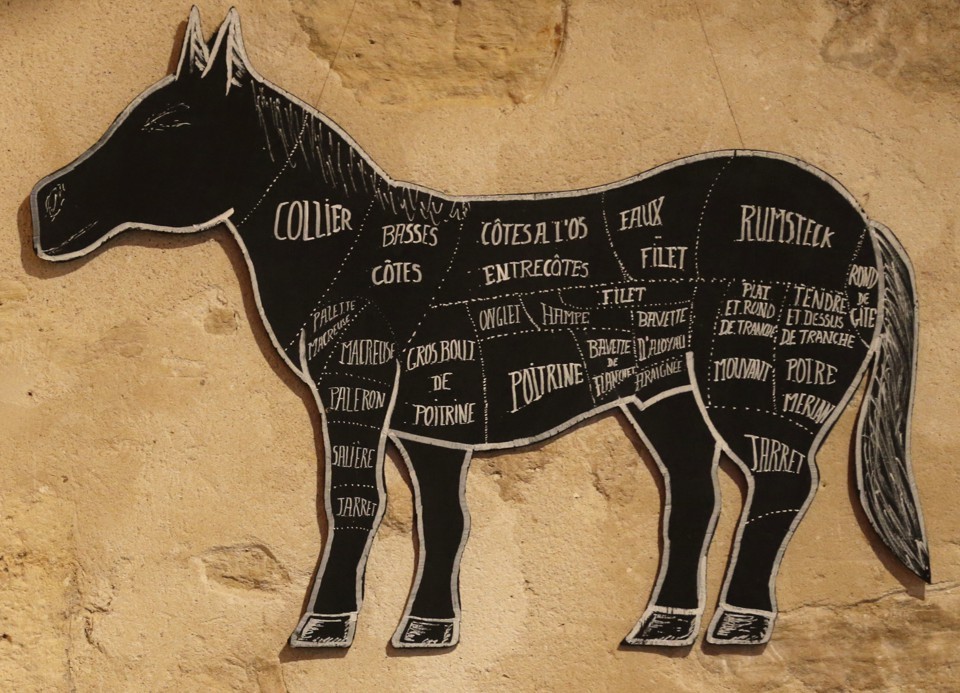
The Troubled History of Horse Meat in America
In these narratives, horse meat is the food of poverty, war, social breakdown, and revolution.